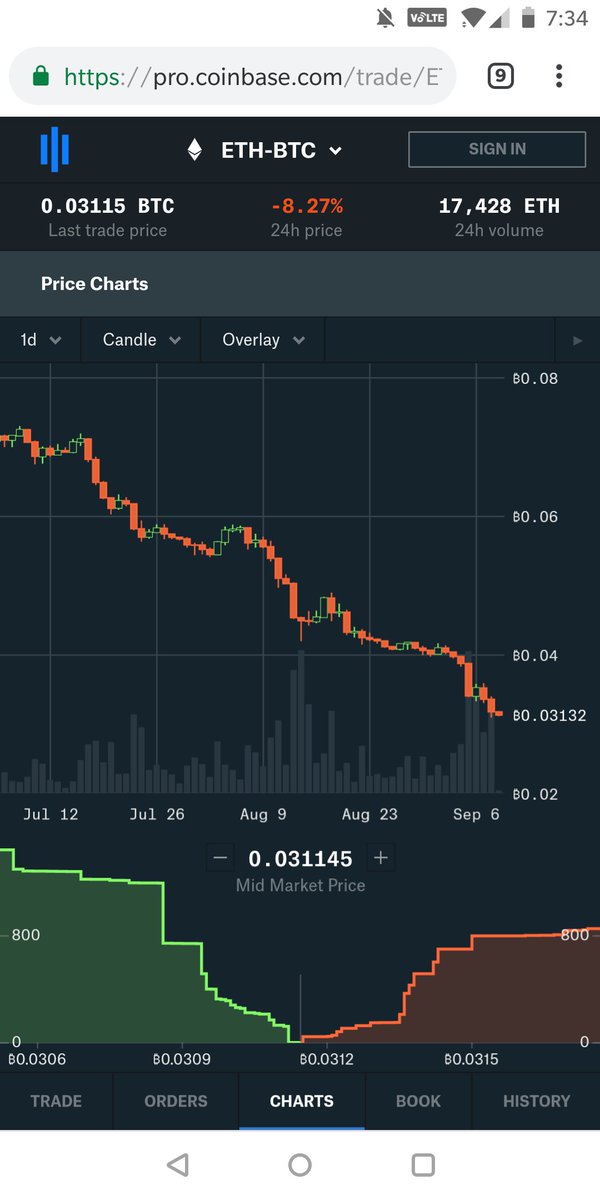1/ @SatoshiLite recently debated @rogerkver about the merits of using Lightning Network vs BCash for payments. In the debate Roger brought up a point that needs to be addressed; Roger claimed that it is easier to censor payments on LN than on BCash.
2/ Here is the tweet that Roger mentioned in the interview. In it we see a strongly connected network with one isolated node - the node was named Roger Ver.
Roger claims that the ostracization of this node is not funny, but a sign of censorship.
Roger claims that the ostracization of this node is not funny, but a sign of censorship.
https://twitter.com/arminvanbitcoin/status/963833194473836544?lang=en
3/ Let's consider the economics of his claim. It is important to recognize that with Lightning Network, as with #Bitcoin, or even with free markets in general, you never have guarantees of anything - you have incentives that create long term tendencies.
4/ As with the old economics joke about a $20 bill lying unclaimed on the road (the economist who sees it jokes that that's impossible because if it were a $20 someone would have already picked it up), it's obviously possible, in the short term, but in the long term it's unlikely
5/ The same idea applies to Bitcoin's base layer. Even though miners have an incentive to mine transactions for profit, it's possible (and does happen) that miners mine empty blocks, thereby temporarily delaying transaction confirmations. AntPool has done it a number of times.
6/ So, yes, it is possible for a node to be ostracized on LN in the short term, but it's extremely unlikely in the long term because people are, generally speaking, profit maximizers. As the network grows there would always be someone who wanted Roger's routing fees.
7/ As a final thought: it was quite revealing to discover in the debate that Roger didn't even know what a "peer-to-peer" network was or how it is different to a broadcast network. In a rare moment of self reflection, he said "I'm a natural marketer" (not an economist or coder).
• • •
Missing some Tweet in this thread? You can try to
force a refresh







